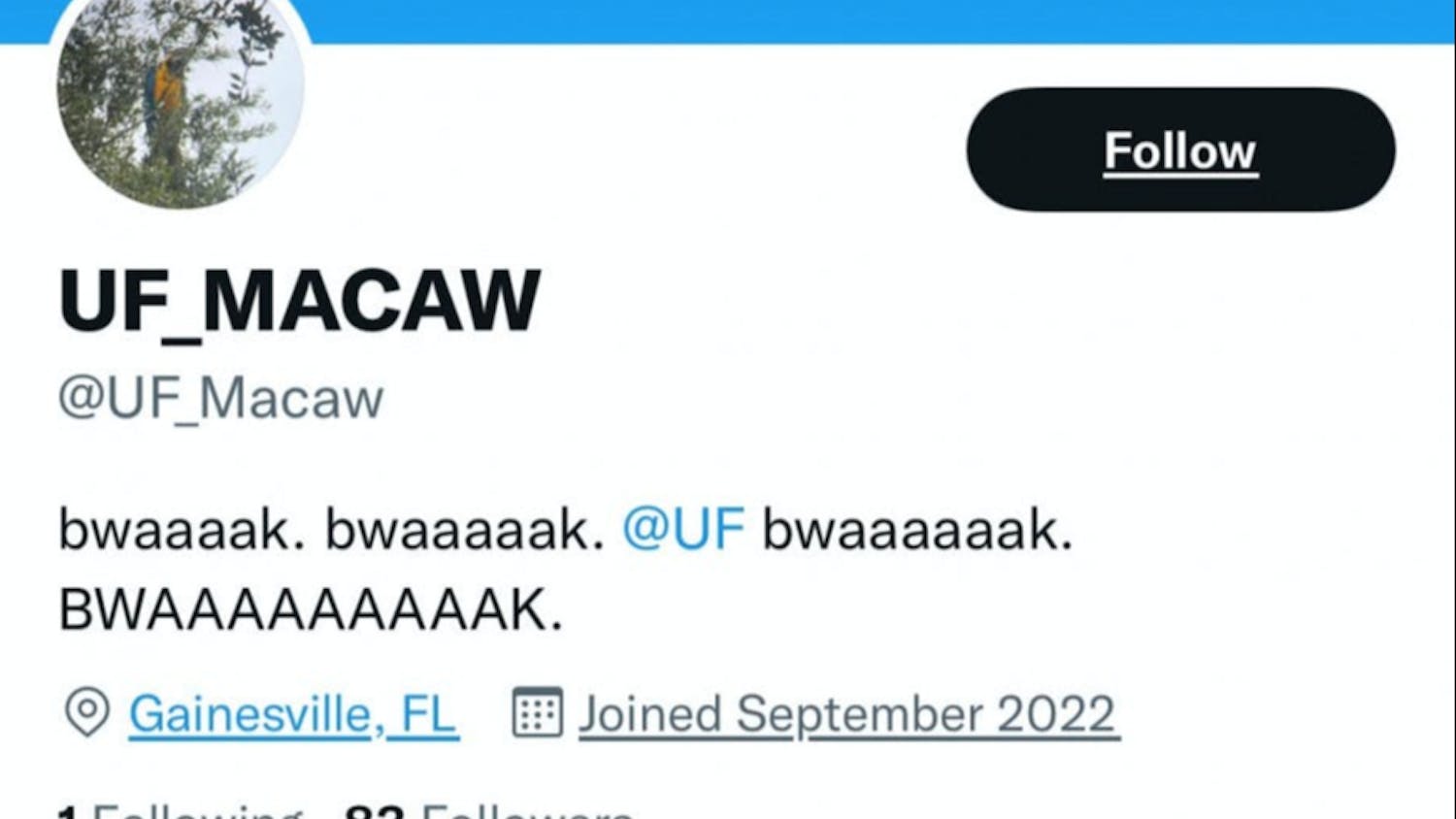“You’re canceled” is an internet death sentence. Twitter users have been given a powerful tool, and they are using it irresponsibly. The concept of going viral on the internet gives every user hope that one day, if they tweet often and clever enough, they too can win the retweet lottery. If the Twitter community and their infinite wisdom decide that your tweet makes the cut, your tweet can have an audience as wide as former President Barack Obama’s. Even if it’s only for 280 characters, you get to be slightly famous, and your tweet is seen by everyone who doesn’t live under a rock. I believe public opinion is dangerously susceptible to influence people from just a handful of viral tweets. A thread shaming a public figure can end their career.
It’s common to find viral tweets reminding users that certain people are not to be forgiven. Recently, there seems to be a debate as to whether Chris Brown should be accepted as a musician again after his career suffered due to him assaulting our beloved Rihanna. Brown seems to be pushing the charts but can’t quite get on top again. And a certain part of Twitter is determined to make sure he doesn’t. I’m not saying he deserves his career back. I’m just saying why does a 14-year-old girl on Twitter get to decide?
We forgive (or forget) some celebrity scandals but not others. I believe the popular opinion on Twitter dictates whom we decide to forgive. Agreed, some missteps are unforgivable but some should be. What’s the point of criticizing someone on the internet if you refuse to accept an apology? Repeating the same offense multiple times should be grounds for “cancellation,” but, by never forgiving anyone for their actions, our criticisms are rendered useless. At that point, you aren’t asking for reprimands. You’re enjoying bullying someone. People are always trying to find someone contradicting their past words or actions without acknowledging the fact that people change. We should embrace people who see their mistakes and take steps to apologize, correct their behavior and make amends to those they have wronged. That is why we shame people to get these results. If we reject these acts of growth, we are discouraging people from character development because there is no redemption. We can’t be this rigid.
It isn’t always easy to tell genuine remorse from a publicity stunt, but that’s life. You can’t tell for sure if anyone is truly is sorry, but we don’t stop forgiving them. In most families, we forgive our siblings and parents and give them a second chance. We should consider extending this courtesy to people we don’t know personally.
Layla Soboh is a UF advertising junior. Her column comes out Tuesday.





